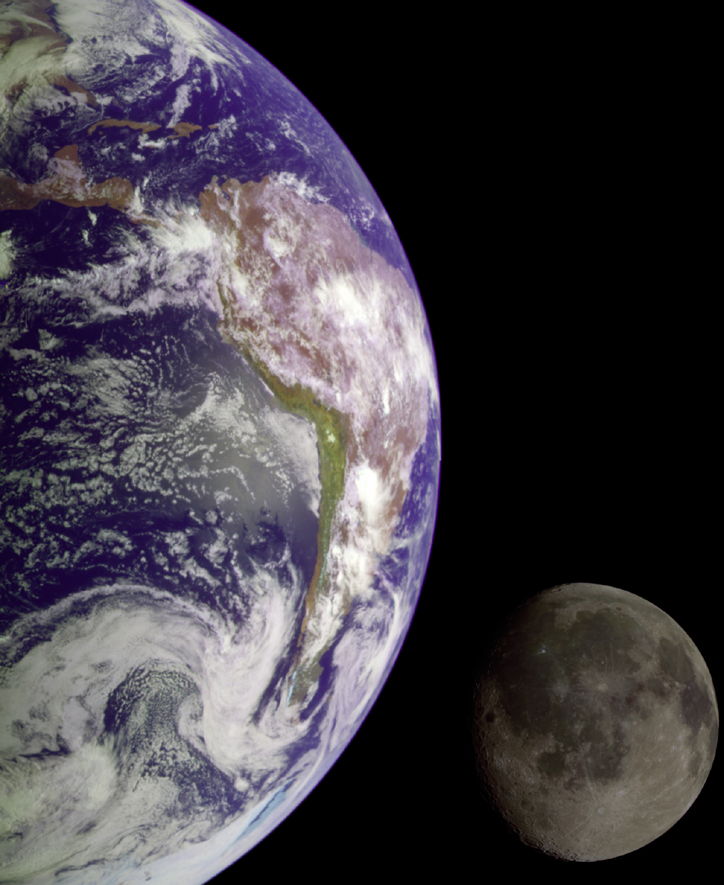A book is a book is a book is a book. But an e-book? If only it were that simple. Once you’re ready to send your long form non-fiction into the new media galaxy, you will be presented with a smorgasbord of publishing choices – each with benefits and limitations. Eventually you will choose from them. It will be a very personal choice.
Before I hung up my shingle as a writer I worked in the digital industry. In over decade with that sector I learned that technologies come and go and that with each new development a new set of complications occurs. (If you’re interested, I wrote an article about this quagmire).
When I made my choice of publishing platform I went with the monolith, the dominant: Amazon. It was not only among the most popular formats, but also could be accessed through platforms beyond the Kindle. Readers could download it to their iPad or iPhone Newsstands (via the Apple store) or install a plug-in for their standard browser. Still the question came from a few readers, ‘I don’t have a Kindle. Do you have an alternative?’
The idea of an alternative ignited anxiety. I knew that if these readers couldn’t download a plug-in for their browser they needed something as simple as an attachment in an email. I wondered how I could control my copyright once I’d sent someone an attachment. How could I stop them from uploading my e-book to an Internet site, or forwarding it to others? (Whether they did it deliberately or not).
At first I looked into online systems developed to address this very dilemma. These systems manage the entire sales and copyright cycle. Users select the ‘digital goods’ they’re seeking, pay and get an electronic copy that is smart enough to control how the recipient distributes it (well, most recipients anyhow). This was exactly what I needed, but there are set up costs. And I’m just a writer, already behind on this particular venture.
Payment gateways (like Paypal) can be set up very quickly and with no cost. Paypal can even be used to sell digital goods automatically. (ie. Once the user has paid, Paypal will provide the digital file directly). But alone, a payment gateway like this couldn’t help with copyright control.
I pondered for weeks. How I could get my essay to this handful of readers? Eventually I came up with a simple, manual solution, which is based on an automated system I’d read about.
Once I have a payment receipt from Paypal I make a PDF of the article with the recipient’s name and email address in the footer, then email it as an attachment.
With their personal details on every page of the e-book, I hope a reader is deterred from passing the file on. And if the PDF does accidentally appear on a website, I’ll know where it came from. It’s not going to stop someone who is genuinely determined to undermine my copyright, but it should at least make some people think about it.
If you’re going to follow the same route that I did, make sure you understand the fine print in your Amazon agreement. Mine stipulates that the Amazon price has to be 20% less than anywhere else (even my own site). I didn’t notice this at first, but when they adjusted my Amazon sale price without telling me I soon realised my mistake. Still, it’s worth having the alternative: with the Paypal / PDF model you’ll get closer to 80% of the sale price (verses 35% on Amazon – depending on your pricing).
I will say one other thing about people who ask for an alternative. Of the half a dozen who have asked, none of them actually bought a copy via me. So if the idea of making fiddly PDFs doesn’t appeal I wouldn’t worry too much. Truth be told, I think most of them were hoping that I’d give them a copy for free. I have no problem giving out review copies, but I’m too determined to gain an income from my writing to give free copies willy-nilly. If I must do that, I at least ask the reader to make a donation that supports the community that my article is about.




